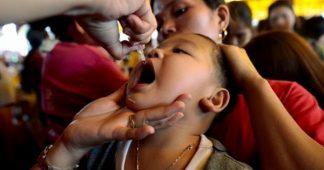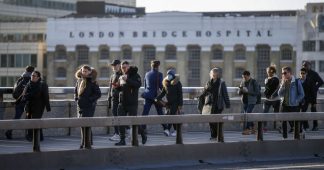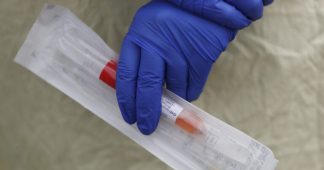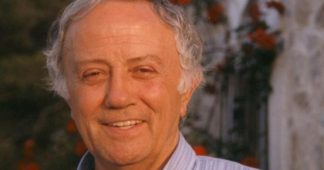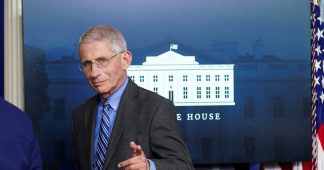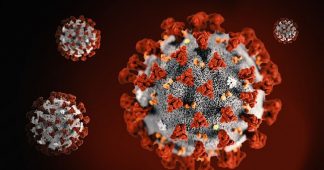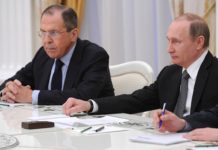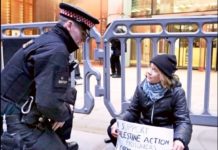28 May, 2020
The coronavirus will become less dangerous once the warmer months arrive, Deputy Director of the Mechnikov Research Institute of Vaccines and Sera Nikolay Filatov told RT.
Microorganisms, like viruses and bacteria, go through different biological cycles, during which their virulence and contagiousness levels change. Respiratory viruses always ‘go into hibernation’ during summer. Nobody really knows why that happens.
He noted that there are no outbreaks of respiratory infections, such as the flu or adenoviruses, during the summer season, “regardless of the temperature or UV light.”
“Summer is just not their season, and they ‘go and rest,’” Filatov said, adding that it does not mean that the disease will be completely gone.
The virus will not disappear somewhere. It will remain in our organisms. We will live with it, but it will not cause any symptoms. It will not cause our temperature to rise. It will get through our immune system and will stop being a new virus for the human population.
Filatov is confident that even as the days in Russia become colder in fall, there will be no fresh outbreaks of pneumonia caused by Covid-19. The new infection will behave just like the four human coronaviruses that were known before it, causing mild cold and flu-like symptoms.
For that very reason, a vaccine against Covid-19 will be “absolutely unnecessary,” the researcher said. Moreover, there is no guarantee that a person will not become infected with Covid-19 even if a vaccine is created, he added.
The debate about the future creation of the anti-coronavirus vaccine is splitting the scientific community. For example, Viktor Zuyev, a virology expert at the Gamalei Institute of Epidemiology and Microbiology, told RT that vaccines are helpful in terms of adapting people to endure various viruses and preventing further outbreaks. “No one has come up with anything better than vaccines against viral infections,” he said.
Russia has started gradually lifting quarantine measures, as authorities claim the peak of the contagion is over. Moscow, which became the hotbed of the infection, will see a significant relaxation of restrictions starting from June 1.
However, the city’s mayor, Sergey Sobyanin, has said that he expects certain protective measures to remain in place in the capital until a vaccine against Covid-19 is found.
